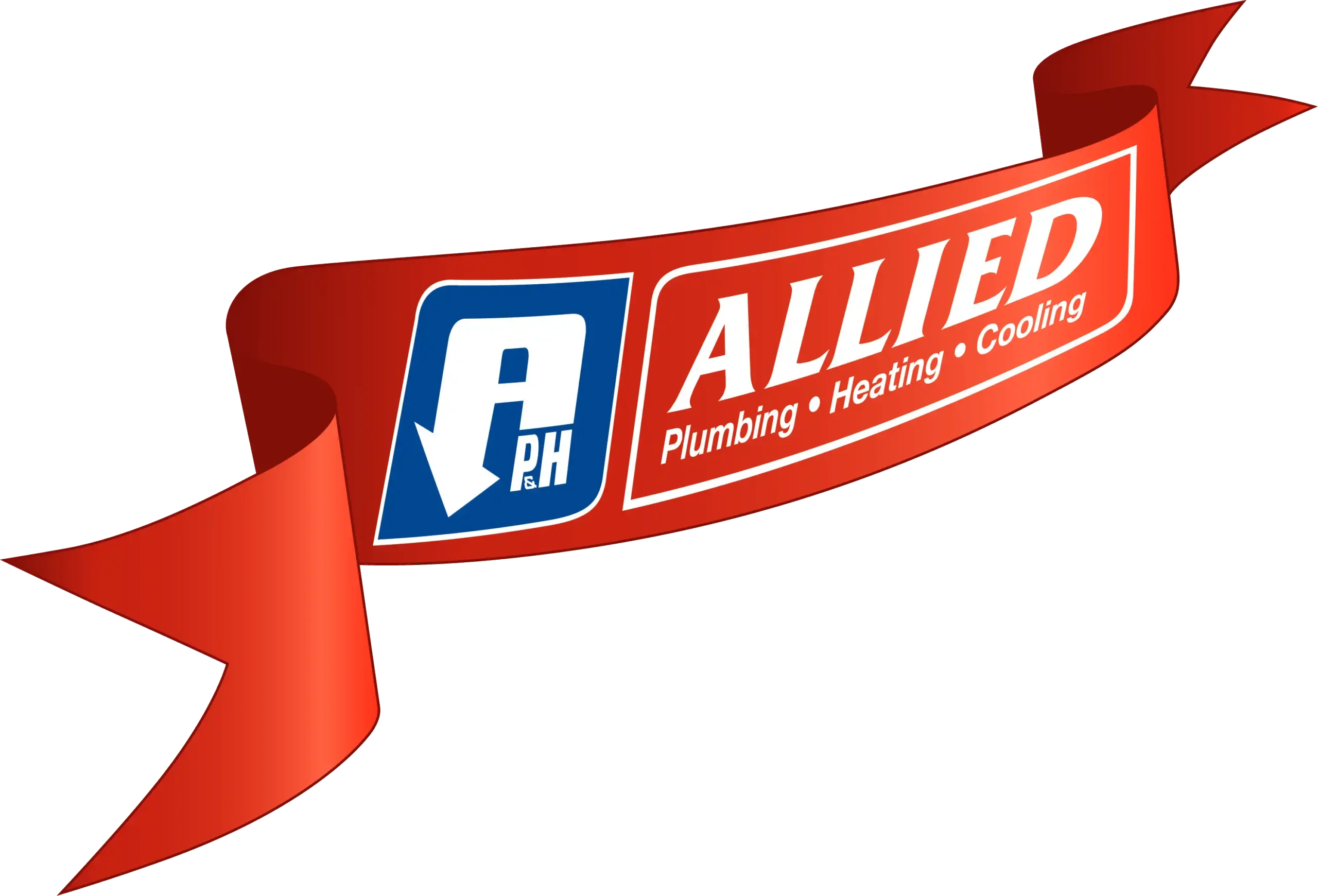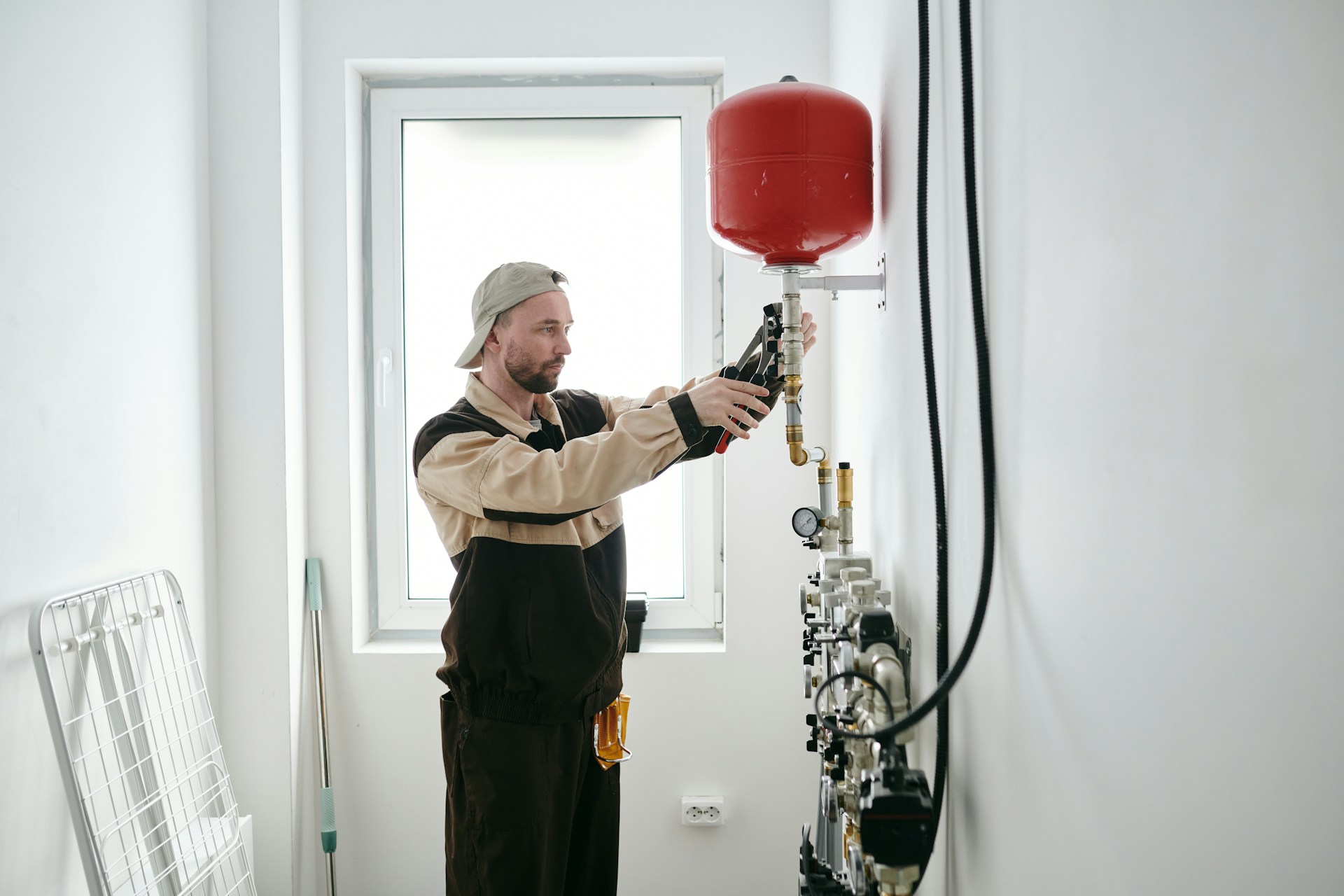When your boiler keeps losing pressure, it not only disrupts your comfort but can also signal bigger problems brewing within your heating system. In Sherman, where reliable heating systems are necessary during summer maintenance or for off-season preparedness, spotting the warning signs early can save both time and headache. Unsteady boiler pressure can interfere with how well the system heats your home, making it tough to stay consistent with temperature and energy usage.
Understanding the cause behind consistent pressure loss can help prevent long-term damage and improve your boiler’s reliability. Whether the issue involves a small leak or a worn-out part, many homeowners don’t know where to start. Learning how to identify and approach the most common causes helps you take informed steps toward a lasting fix.
Common Causes of Boiler Pressure Loss
Boiler pressure issues usually point to an internal malfunction or external leak that prevents the system from staying balanced. A drop in pressure every few days, retopping more often than you should, or unreliable heating can all be traced back to unresolved causes.
Here are the most common culprits:
– Leaks in the system: Small, hidden leaks in pipes, radiators, or boiler components can be tough to notice right away. Even steady drips under your boiler or on pipe joints can cause a noticeable drop in pressure.
– Faulty pressure relief valve: This safety valve keeps the boiler from over-pressurizing. If it becomes damaged or worn out, it can start releasing water even when it shouldn’t, slowly reducing the system’s pressure.
– Expansion vessel failure: The expansion vessel helps regulate pressure by absorbing the extra volume of heated water. When this part fails, it can’t balance the pressure spikes caused by heating cycles, leading to frequent drops.
– Bleeding radiators: If you’ve recently bled air from the system to fix uneven heating, you’ve probably lost a bit of pressure in the process, especially if it wasn’t topped up properly afterward.
– Worn seals or components: Boilers age over time, and seals around key components can give out. Once they start failing, water may escape unnoticed.
For example, a homeowner in Sherman might first hear a dripping sound beneath their boiler or notice the pressure needle sitting close to zero. What appears like a minor issue may result from a leaking radiator valve or weakened seal that needs immediate attention.
Identifying Symptoms of Pressure Loss
Staying alert to the signs of pressure loss is one of the simplest ways to catch issues early before they become more complicated to fix. Consistently keeping track of how your boiler runs helps you understand what’s normal and what’s not.
Watch for these symptoms:
– Pressure gauge frequently drops below 1 bar
– Radiators taking longer than usual to heat up
– Cold spots on radiators even after bleeding
– Water dripping from the boiler or surrounding fittings
– Repeated need to reset or refill pressure within short intervals
Most homeowners in Sherman can spot the pressure gauge on the front of the boiler. If the needle keeps dropping below the ideal range, it’s worth investigating why. A boiler that continually needs pressure top-ups is not operating at its best and may eventually shut off altogether for safety.
Keeping an eye on the gauge once a week or checking it anytime heating performance feels off gives you a head start on resolving problems. And when there’s any doubt, our professionals can help confirm what’s going wrong.
Steps to Troubleshoot and Diagnose Pressure Issues
If your boiler pressure keeps dropping, there are a few practical things you can safely check before calling in help. It’s important, though, to avoid taking anything apart or turning valves unless you know exactly what you’re doing. Boilers contain pressurized water and hot components, and mishandling them can lead to injury or further system damage.
Start by inspecting these key points:
1. Check the system for visible leaks
Look under the boiler, along visible pipes, around radiator valves, and underneath radiators. Even a small amount of water can signal a problem. Leaks from pipe joints, corroded fittings, or cracked components can steadily lower pressure.
2. Inspect the pressure gauge
A properly working boiler should show pressure between 1 and 2 bars when cold. If the gauge consistently reads below 1 bar, something is wrong. Keeping track of changes in pressure over a few days can help pinpoint patterns.
3. Look at the pressure relief valve
This valve is usually located near the bottom or side of the boiler. If water is leaking near the outlet pipe, there may be a mechanical failure causing the valve to release too often. This usually requires repair or replacement.
4. Listen for unusual noises
Gurgling sounds, loud banging, or whistling can all be signs that air has entered the system or that pressure isn’t stabilizing properly, often linked to failing internal parts or circulation issues.
5. Test radiator responsiveness
Feel your radiators during normal boiler operation. If you encounter cold patches or if certain ones never seem to heat up fully, pressure irregularities might be affecting circulation across the system.
Once you’ve taken these initial steps, and pressure continues to drop or symptoms get worse, it’s time to schedule a service. Diagnosis tools and deeper checks must be done by trained hands to keep you safe and avoid boiler damage.
Importance of Professional Boiler Repair
Boiler pressure issues might seem manageable, but many of the root causes involve parts most homeowners can’t safely access. Using the wrong tools, guessing at which valve to turn, or applying incorrect manual pressure can make things worse. The heating system may completely shut down if the pressure error isn’t corrected properly.
Our professionals use diagnostic tools to test individual components, confirm whether valves are sticking, and check for improper expansion tank function. These aren’t assumptions—they’re tested conclusions based on ongoing training and experience working with various boiler models. More importantly, the work gets done cleanly, safely, and without putting the rest of your system at risk.
Trying to repair these problems yourself may void your manufacturer’s warranty or lead to short-term fixes that fail when temperatures start to drop again. Using our technicians for boiler repair in Sherman means fewer callbacks, fewer surprises, and a system that stays stable when you need it the most.
Ensuring Long-Term Boiler Efficiency
Making sure your boiler stays efficient through the year doesn’t require guesswork. A few consistent habits will go a long way toward keeping pressure problems from starting—or catching them early if they do.
Use the following suggestions to protect your boiler:
– Set a weekly reminder to check the pressure gauge
– Bleed the radiators only when needed, and make sure to top up pressure afterward
– Schedule annual inspections before peak usage months
– Keep the area around your boiler clean and dry
– Report any signs of leaks, water stains, or excess noise when noticed
One Sherman homeowner scheduled yearly maintenance every August after past issues with a leaking valve. During a routine visit, our technicians found and corrected a corroded pressure vessel connection. It prevented an emergency in the middle of the following winter.
Prevention reduces repair costs and helps avoid total system outages during the colder months when you rely on heating the most.
Restoring Peace of Mind with Professional Assistance
Sudden drops in pressure affect more than comfort. They increase the possibility of water damage, rust, and even full system failures. When your boiler keeps losing pressure with no clear cause, the situation usually comes down to a component wearing out or a leak that hasn’t been fully tracked. You shouldn’t have to deal with that uncertainty on your own.
Getting answers from our professionals gives you a direct explanation backed by real testing. Whether it’s a failed valve or a seal that needs replacement, quick repairs prevent future problems and help the boiler return to steady operation. It also gives you confidence that the problem’s been handled safely and effectively. For boiler repair in Sherman, that kind of support makes all the difference.
If your heating system is struggling to maintain consistent pressure, trust Allied Plumbing Heating & Cooling to restore comfort and efficiency with expert boiler repair in Sherman designed to address persistent issues safely and thoroughly. For a quick estimate or to book a service visit, please contact us today.





